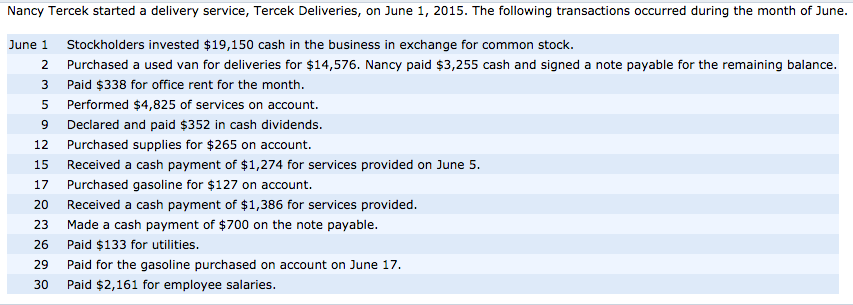Currently Empty: ₹0.00

If management wants to have its financials audited, it must accept the dual aspect concept and maintain its accounting records using double-entry accounting. This is the only format that auditors will accept if they are to issue opinions on financial statements. As we’ve explored the concept of dual effect accounting and its application in procurement, it’s clear that this approach offers several benefits. By tracking both the financial and operational impact of transactions, organizations can gain a comprehensive understanding of their procurement processes. The dual aspect concept of accounting relates to the idea of double entry bookkeeping.Every transaction affects the business in at least two aspects.
Accounts and Ledgers
To account for the credit purchase, entries must be made in their respective accounting ledgers. Because the business has accumulated more assets, a debit to the asset account for the cost of the purchase ($250,000) will be made. The successful case studies we’ve examined demonstrate how dual effect accounting has helped businesses achieve greater accuracy, transparency, and efficiency in their procurement operations. It has enabled them to make more informed decisions, improve cost control, and optimize supplier relationships. Another challenge is ensuring accurate data synchronization between systems used by buyers and suppliers. Any discrepancies or delays in updating transaction information can lead to errors in financial reporting.
Lessons learned for maintaining the integrity of double entry accounting
The scandal further eroded trust in corporate governance, auditing practices, and the accuracy of financial reporting. The cash (asset) of the business will increase by $5,000 as will the amount representing the investment from Anushka as the owner of the business (capital). Required Explain how each of the above transactions impact the accounting equation and illustrate the cumulative effect that they have. Capital essentially represents how much the owners have invested into the business along with any accumulated retained profits or losses.
- In this guide, discover the basics of double-entry bookkeeping and see examples of double-entry accounting.
- These are the building blocks of accounting that make up the financial statements.
- Our work has been directly cited by organizations including Entrepreneur, Business Insider, Investopedia, Forbes, CNBC, and many others.
- By studying these historical cases, businesses and accounting professionals can internalize the critical role of transparency, ethics, and accuracy in financial reporting.
- In defining the other accounting concepts, it was mentioned that accounting is essentially concerned with the business entity itself rather than its owners, managers, or employees.
A. Step-by-step process of recording transactions
Double-entry accounting plays a crucial role in preventing and detecting fraud within a company. With each transaction affecting at least two accounts and maintaining a balance between debits and credits, it reduces the likelihood of accounting errors. This system aids businesses, both am i still responsible for paying a debt if i receive a 1099 large and small, in maintaining their financial health. Accounting attempts to record both effects of a transaction or event on the entity’s financial statements. Without applying double entry concept, accounting records would only reflect a partial view of the company’s affairs.
Dual Aspect Concept Duality Principle in Accounting
When the good is sold, it records a decrease in inventory and an increase in cash (assets). Double-entry accounting provides a holistic view of a company’s transactions and a clearer financial picture. The accounting equation is made visible in the balance sheet, where the total amount of assets listed must equal the total of all liabilities and equity. One part of most business transactions will have an impact in some way on the balance sheet, so at least one part of every transaction will involve either assets, liabilities, or equity.

These digital tools have revolutionized the way businesses manage their financial records, bringing automation and efficiency to the core principles of double entry accounting. From simple spreadsheet-based applications to advanced cloud-based platforms, accounting software has evolved to cater to diverse needs and complexities. From an equity perspective, the dual aspect concept recognizes that equity represents the residual interest in the assets of an entity after deducting liabilities. It encompasses both contributed capital (such as investments made by owners) and retained earnings (profits reinvested back into the business). When a company generates revenue or incurs expenses, it directly impacts equity.
An example of double-entry accounting would be if a business took out a $10,000 loan and the loan was recorded in both the debit account and the credit account. The cash (asset) account would be debited by $10,000 and the debt (liability) account would be credited by $10,000. Under the double-entry system, both the debit and credit accounts will equal each other. The primary disadvantage of the double-entry accounting system is that it is more complex.
This reduces manual effort while minimizing the risk of errors or discrepancies. This document outlines what is being purchased, quantity needed, price agreed upon, delivery date expectations, and terms of payment. Once received by the supplier, they prepare an invoice detailing the items provided along with their cost. Take self-paced courses to master the fundamentals of finance and connect with like-minded individuals.
